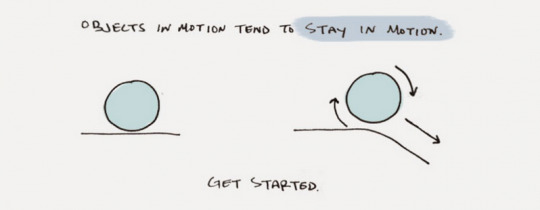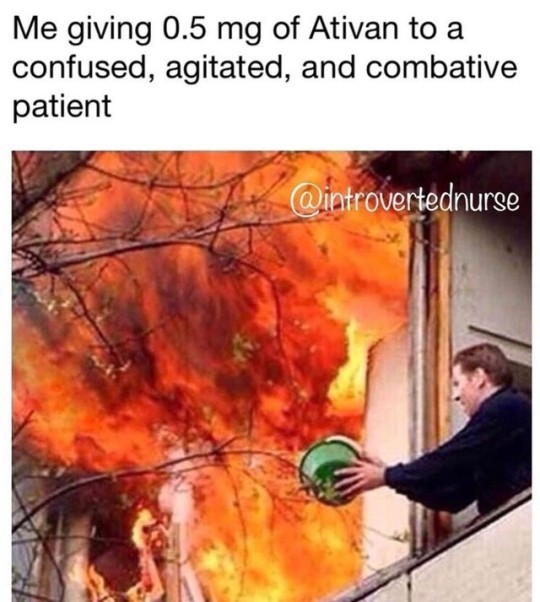Text
Study Moods as Moods I Frequently Have
I Forgot About This Subject
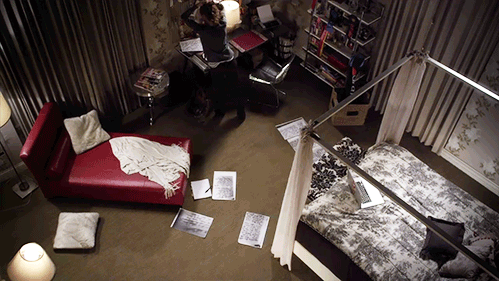
All nighters fuelled by coffee. Question what a majority of the words even mean. Being shocked at seeing daylight. Learning an entire module in one night. Thinking it’d be easy. Turns out, it’s not. Pens running out. Spilling drinks. Eye bags. Pencils snapping. Papers becoming bent. Sleeping in class. Complaining. Rock music used for adrenaline. Chugging energy drinks. Smelling of sweat.
Weekend Study

Waking up late. Pulling out your books and staring at them for a long time. Questioning life. Easily distracted. Not achieving much. Saturday nights and Sunday mornings. Meeting up with friends and ‘studying’. Lemonade and ice. Creating revision posters for the aesthetic. Making sure everything is perfectly organised and then never using any of it. Falling asleep at your desk. Smiling.
After School Crunch Time

Actually getting stuff done. Feeling on top of your game. Power anthems. Loving the smell of books. Are your expectations finally becoming your reality? Neat handwriting. Winning awards and allowing yourself to be smug. Cleaning your work space. Mid day naps that you earned for once. Leather seats. Furiously tapping on a keyboard. Cutting back on the caffeine. Enjoying life.
Lazy Days
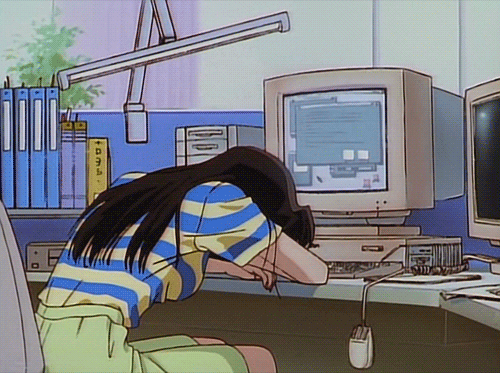
Studying but not studying. Cups of coffee littering your desk in effort to stay awake. Still getting good grades. Falling asleep at your desk. Rewarding yourself after five minutes of study. Chocolate and ice cream. Sweet smelling face masks. Long bubble baths. Mouthing the words in your textbook. Having several notebooks and using 0.5 of one. Buttery popcorn. Fizzing. Nail varnish.
Holiday Means Relax

But what about our basic human rights? Complaining with your friends. Debating with teachers over homework. Leaving it all until the last minute. Relating to the Inbetweeners. Bubblegum. I have no pens left sir, it’s the end of the year! Agreeing with Ron Weasley. Procrastination x100. Pop music. Long road trips to forget about school. Suddenly remembering all your work at 3am. Saying fuck it.
- KC
3K notes
·
View notes
Video
Accomplishments in medical school!
157 notes
·
View notes
Text
How many hours a day are you practicing, training and rehearsing?
•
The truth is a lack of practice is the biggest reason most people never perform at a high enough level to ever reach their potential and be considered world class.
•
Whether you look at Jerry Rice or Ayrton Senna or Bill Gates or Beyoncé they all have one thing in common and that is they practiced, trained, rehearsed and developed their skills when you weren't watching so that when you were watching you would see a truly epic performance!
•
It's the work you do behind the scenes when no one is watching and when nobody knows who you are that determines the level of your performance and it doesn't matter what your industry, job or craft you've got to be committed to practising and training and rehearsing every single day!
•
How many hours a day should you practice, train and rehearse?
•
As many hours as it takes for you to become world class and reach your potential.
24 notes
·
View notes
Text
An MS3 Guide to Internal Medicine Wards
I want to do internal medicine. I scoured the internet for guides on how to knock this rotation out of the park. Here is yet another take on how one can do well on this rotation, even if you don’t want to do IM.
I ended up honoring it and making 92nd percentile on the shelf. There will be a separate post on how to prepare for the shelf.
—————————————————————————————–
Preparation
I got up early every morning to preround on my patients. When I first started rotation, I started off with one patient. I typically carried 3 patients and went up to 4 towards the end of my rotation. Get there earlier than you think you need because it sucks to scramble to prepare your notes for rounds only to find out that the plan for the patient changed in the interim. I got to the hospital around 7:15 for 9 AM rounds.
If your institution still uses paper lists, print copies of the list for everyone on the team and make sure to have the most updated version for the attending.
Read up on your patients on Up To Date. This will help you on pimping and on the shelf. If you have a new patient to present, you can shine by looking up differentials for your patient’s symptoms and presenting them. You can also check out all the treatment options on UTD and present the main ones as well. The key to standing out on rounds is being the one to put yourself out there to propose a plan for the patient, even if it ends up being wrong. It’s easy to just regurgitate what your resident’s note says. At least you tried to integrate your previous basic science knowledge with the clinical side.
The topic of studying will be covered in another post.
Rounds
Have your presentations down cold. There are many guides online on this topic such as this one by @pleasedotheneedfulhttp://pleasedotheneedful.tumblr.com/post/149283514726/how-to-write-a-cohesive-patient-notepresen-tation
It’s hard to figure out each attendings’ preferences such as how detailed they want you to be on the presentation or if they like walking rounds. Ask around within your class, the MS4s, or the residents.
For the most part, they want focused presentations that concentrate more on the plan for the patient. Some want to know all of the labs and vitals. Some want only the highlights. You also need time to read all of the consult notes to see their recommendations.
Know when to ask questions. Always try to look up the answer to your question if you have time before bothering anyone with it. Definitely keep them to a minimum if it’s a post call day and your list is long. If I was getting pimped, then I would be more likely to ask more follow up questions around then because that means we’re in education mode. You want to ask enough questions to where you appear engaged but not so much to where it gets annoying. But don’t be afraid to ask questions even if it’s really busy if it will impact patient care. I tend to ask questions while walking in the hall during walking rounds but I also ask during table rounds depending on the vibe of the room.
Pimping. It is okay to not know the answer. Always try to make a guess, even if it’s a stretch. I have said I don’t know plenty of times. I’ve seen fourth years who don’t know the answer. I’ve seen residents and fellows who don’t know the answer. Most attendings I’ve dealt with have been pretty nice if I don’t know. I think pimping can be good so that it it keeps me on my toes since the fear of God is put in me. A great phrase is “I don’t know but I will find out and we can discuss it later on.” I remember questions I’ve gotten right and especially the ones I’ve gotten wrong that everyone else on the team knew except for me.
Making a good impression
Ask for feedback. I get super anxious about possibly hearing negative things so I hate doing this. At my school, preceptors evaluate you on if you asked for feedback, how you handle criticism, and if you actually tried to improve. Try to ask 2 weeks in or so about what can you work on to improve things like your presentation, differentials, treatments plans, history collection, ect. They will notice if you step it up or if you continue on. They will definitely notice you if you slack off after getting good feedback initially.
It’s not just about impressing the attending. The residents and especially the senior resident are the ones in contact with you the most. I only interacted with the attending on morning rounds. The residents give their feedback to the attending for your evaluation. Yes, we are close in age to the residents and yes it’s great to have fun at work. I love joking around and have an occasional streak of dark humor but I don’t swear, talk about the times I’ve been intoxicated, complain about the work we have to do, or complain too much about the patients.
Don’t freaking text during rounds, especially while in a patient room. Yes, people still are getting in trouble for that.
After rounds
Check on your patients. Most patients and their families don’t really know what’s going on because we storm in there as a group during rounds and then abruptly leave. It’s always great to double back and check their understanding of what’s going on. You as the student are usually the person on the team that’s the closest to the patient in terms o medical knowledge. Once they have an understanding of the disease process and why we treat them with whatever treatment, then they can hopefully keep it up after discharge.
Stay organized. I had a patient list that I wrote notes on during rounds of things to do particularly focusing on my patients but including things to do for other patients. The residents will really appreciate it if you help update the list, remind them of orders that need to be put in, and notify them of any results/consults you’re waiting for. So I refreshed my patient charts all day long to make sure everything was there. When we see an abnormal critical result or consult recommendations and update the residents, we are helping to expedite care.
I really can’t stand doing random clerical stuff like making appointments or filling out paperwork but just make yourself volunteer to do it. My school is trying to cut back on using medical students for this.
Do not lie. If you didn’t check something on your physical exam or forgot to ask a question, own up to it. It’s embarrassing but it’s better than being caught in a lie or your made up information ends up affecting the treatment plan. You won’t get any more responsibility if they can’t trust you.
Extra
Read the literature. My attending specifically mentioned that he expects this from honors level students. This is how you step up your game. You want to show that you are trying to elevate your knowledge. You’ll definitely get style points for referencing the literature when you propose your treatment plan by citing statistically significant results from randomized control trials. For example, one of my patients had refractory C diff that wasn’t responding to traditional antibiotics of vanc per rectum and PO with metronidazole or with fecal transplants. So I needed to step up and look into other options that we can talk about on rounds. I read some articles on newer therapies that were compared to gold standard therapies. I summarized the studies in a few sentences so that everyone can be on the same page. Then we talked pros and cons. Another example is that if your patient is on some newer drug you’ve never heard of, you can look up what it is, the mechanism of action, and major indications. Then present a very brief FYI on it as it will help educate your team. Definitely be cautious as to how often and when you try to educate others as it may come off as overbearing or if it may put your team behind schedule. You do not want to appear as a know it all or that you like to hear yourself talk because it’s hard to shake that impression.
Preclinical material professors seem to like gunners, at least in my experience. It’s way different in the clinical setting because you’re surrounded by people who’ve been in the game longer than you. All of us know how to pick out a gunner. So word will spread fast if you’re terrible to work with and then you end up on the Do-Not-Rank list.
You are not going to get a thank you for everything you do. Don’t take it personally. Except if someone takes credit for your work, so in that case they can fuck right off.
The <1/15/50/85 rule. A fantastic pimp deflector. If you are being pimped on some statistic and the pretest probability seems to be very low, say < 1%. Low probability then 15%. For example, if someone asks you what percentage of strokes are ischemic and you feel pretty confident that the vast majority of them are ischemic, then say 85%. Usually you’ll be pretty close.
The most important things
The most important thing is to advocate for your patient, regardless if an attending is around. 100% of students has thought about how they wish an attending could have seen how hard you work day in and day out but that’s not gonna actually happen much. The patient will remember how you treated them and all the things you did to help them.
Teamwork makes the dream work. Even if you can’t stand people on your team, you have to suck it up because the ultimate goal is patient care.
It is okay to take some time off to yourself. Some nights, all you can really do is watch TV and drink wine on a post call day or after doing not that well on a quiz you didn’t have time to prepare for because you’re freaking exhausted working 6 days a week.
244 notes
·
View notes
Photo

Happy Medicine Monday! Approach to abdominal pain: the abdominal clock
650 notes
·
View notes
Text
internal medicine: a summary
uncontrolled hypertension
uncontrolled kidney disease
uncontrolled diabetes
uncontrolled liver disease
uncontrolled hyperlipidemia
uncontrolled asthma
uncontrolled heart disease
uncontrolled Crohn’s
uncontrolled anemia
uncontrolled thyroid disease
uncontrolled COPD
uncontrolled weight
C O N C U R R E N T L Y

797 notes
·
View notes
Photo
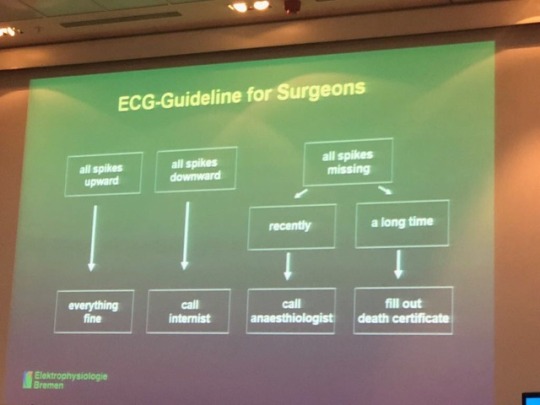
Shared by my preceptor for the month.
Sorry Surgery
3K notes
·
View notes
Text
“Sometimes, “patient is a dickhead” is the best diagnosis you have.”
—
858 notes
·
View notes
Quote
Consciousness is the perfect balance between seizing and coma.
Toxicologist, on the balance of glutamate and GABA (via futuredoctorspork)
1K notes
·
View notes
Photo
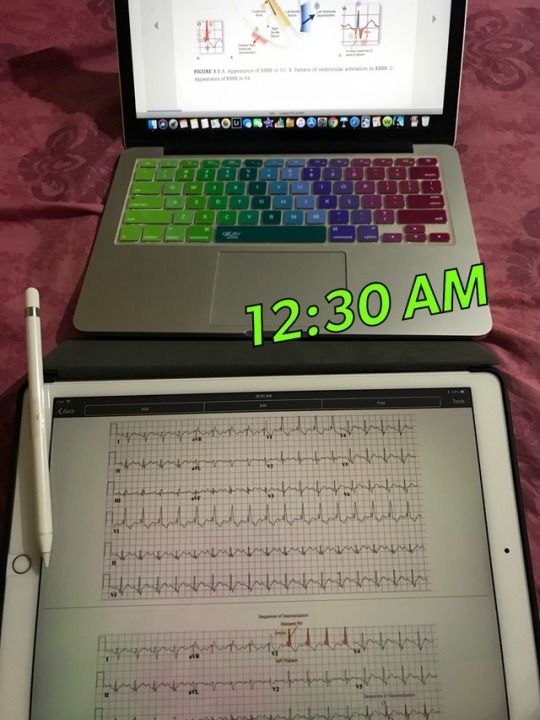
Bundle branch blocks
3 notes
·
View notes
Photo

I needed this today, after being disappointed in my recent errors with a demanding ballet role (and everything else - one of those days!) Hope it also helps pick someone else up too. You can do it, whatever “it” happens to be. :) #motivation
354 notes
·
View notes
Photo




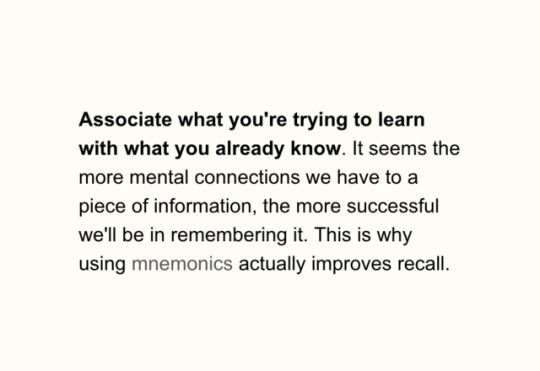

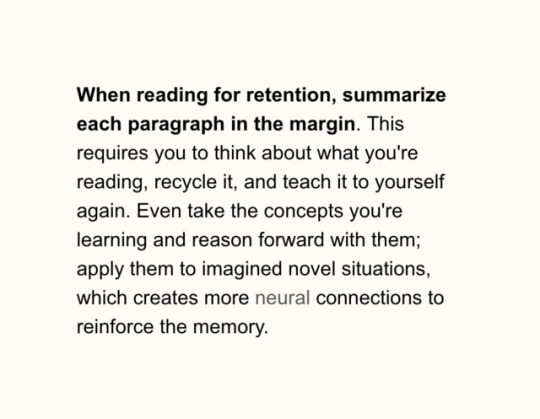

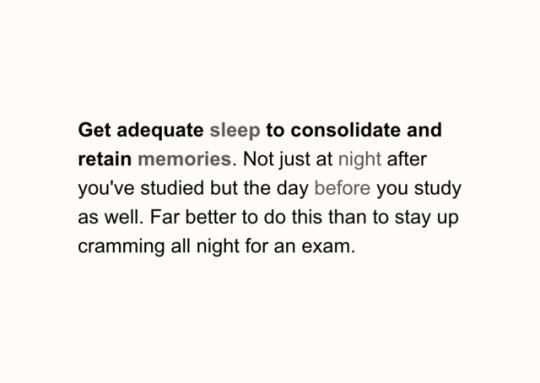
Eight Ways to Remember Anything by Alex Lickerman M.D.
Reference: Research-based strategies to boost your memory and keep it strong via psychology today
58K notes
·
View notes
Text
When the Reg asks if I want to try and do a lumbar puncture:
Internally:

Externally:

Just a shame the patient was on anti-coagulation, so they had to postpone.
13 notes
·
View notes
